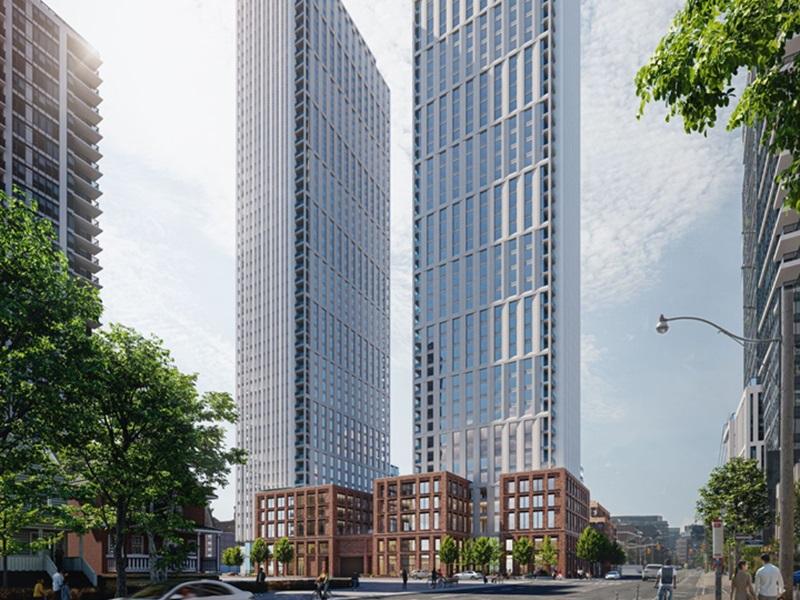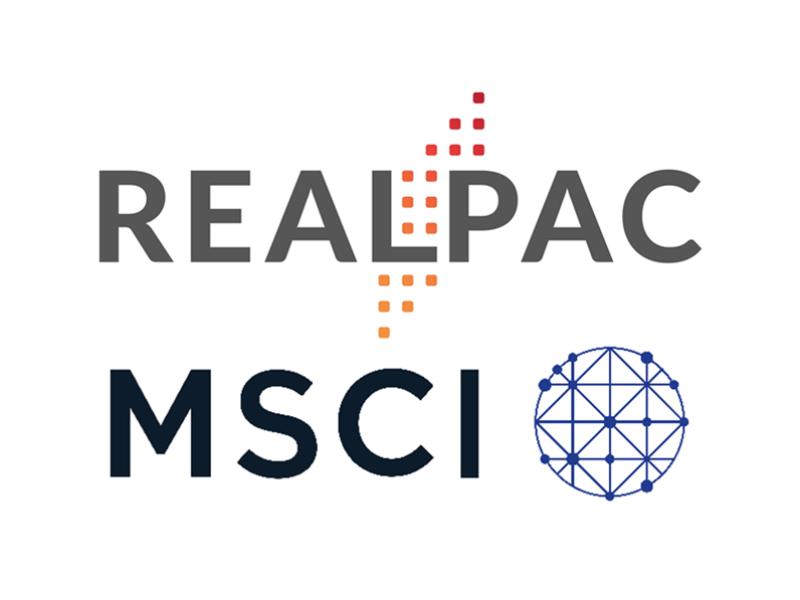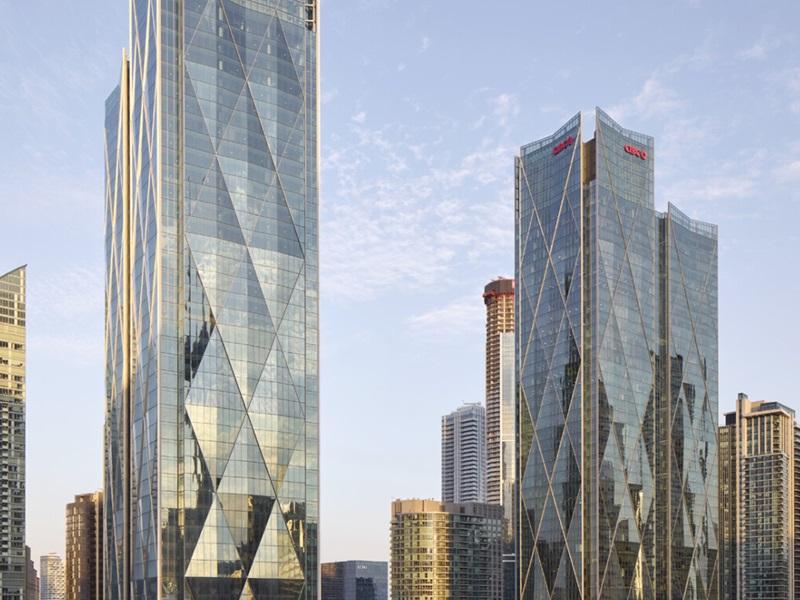
The scarcity of industrial real estate in major Canadian markets has caught the attention of an American firm that has introduced its novel business concept in Vancouver and now, Toronto.
Launched in 2015, ReadySpaces rents multi-unit industrial buildings on very long-term leases, then subleases each unit. The leases it signs its customers to are flexible enough for the latter to either opt out or extend for long periods of time.
The company has 35 U.S. locations — including six in each of the San Francisco Bay area, New York City, and between Los Angeles and Orange County. It operates an existing facility in Surrey, B.C. (Metro Vancouver area) and a new one in Toronto for which leasing could begin as early as next month.
According to Kevin Petrovic, CEO of ReadySpaces, industrial was once a sleepy, relatively inexpensive, corner of the real estate market. The opposite has become true in the last decade.
And, he added, Canada is an untapped market ripe for the ReadySpaces business model.
ReadySpaces' entry to Canada
“We have plans to keep expanding in Canada, and Toronto is one of the largest industrial markets in North America,” Petrovic told RENX.
The company has just leased a 134,600-square-foot, 119-unit facility at 724 Caledonia Rd.
“Given how many locations we can operate in large metropolitan areas, we’d love to have similar scale in Toronto down the line. There are some other Canadian cities we’d love to enter, as well, as soon as possible.”
ReadySpaces’ entry to Canada was somewhat inauspicious. Not long after it had signed a lease and began renovating a 66-unit facility in Surrey, the first COVID-19-induced lockdown threw a spanner in the works.
Despite pandemic-related complications — which included difficulty crossing the border for ReadySpaces’ staff — vacant industrial real estate had already been difficult to find in the landlocked Lower Mainland. With the e-commerce sector’s rapid growth during the pandemic, ReadySpaces’ expansion to suburban Vancouver proved a very timely move.
“We liked the attributes in the Greater Vancouver industrial market,” said Petrovic, who’s also partner and co-founder of ReadySpaces. “It was quite similar in profile and arrangement to some U.S. markets we knew best and were most successful in, so we saw it as the most natural site, in terms of going to a brand new country.”
Three-year search for Toronto space
ReadySpaces’ search for a building in Toronto took nearly three years, but with 724 Caledonia Rd. now secured, Petrovic is optimistic that exhaustive search was worth the wait.
Located south of Yorkdale Mall in the Lawrence area of the city, the building has easy access to Hwy. 401 and is surrounded by a lot of construction-related businesses, which suits ReadySpaces’ tenant profile.
“The location is fantastic,” Petrovic said, noting that, unlike more dense downtown locales, the Lawrence neighbourhood is optimal for both manoeuvring large trucks and accessing the Trans-Canada Highway.
“We think the site is really central and accessible. The target customer base of these small businesses will find this location easy to get to and really compelling.”
But it wasn’t easy finding it, said Colin Alves, vice chairman at Colliers.

ReadySpaces prefers older-generation buildings, however, rents in B- and C-class buildings rose substantially during the pandemic as a consequence of high demand and a dearth of vacancies.
“(But) we were able to find a building that is somewhat antiquated by today's warehousing standards (which) works very, very well for their model, and by virtue of that, the rental rate would be discounted to below-average of what you would see in the industrial market,” Alves said. “But as the market returns to normalcy, or pre-pandemic fundamentals, the gap between older spaces and newer spaces is once again starting to grow, which is indicative of the pre-pandemic industrial market."
Target demographic for ReadySpaces
One reason ReadySpaces’ business model works so well is that it targets companies both nascent and mature, leasing them spaces that range from around 150 to 5,000 square feet.
But these companies are also incentivized by minimal up-front commitments. Petrovic said lease terms are as flexible as month-to-month and can easily be locked-in for protracted periods.
Moreover, the reason ReadySpaces searches for older generation industrial buildings is it keeps outlays down, be they its own costs or those of its tenants.
“Maybe they’re just starting out and they don’t know how fast their business will grow, and maybe they’ve never operated a warehouse and are unsure of how much space they’ll need, so our contracts are structured around maximum flexibility with term for upside and downside,” Petrovic said.
“Customers can get out easily or lock in.”
Crucial amenities, like dock-height shipping doors, are shared, and considering ReadySpaces’ tenant profile — smaller e-commerce and logistics companies, importer and exporters, contractors and manufacturers, start-ups only a few employees strong, and construction companies in need of warehousing their supplies — Petrovic feels the firm is primed to capitalize on Toronto’s 2.5 per cent industrial vacancy rate.
“We’re trying for decades of control over the building to provide that kind of stability (for our customers),” Petrovic said.










